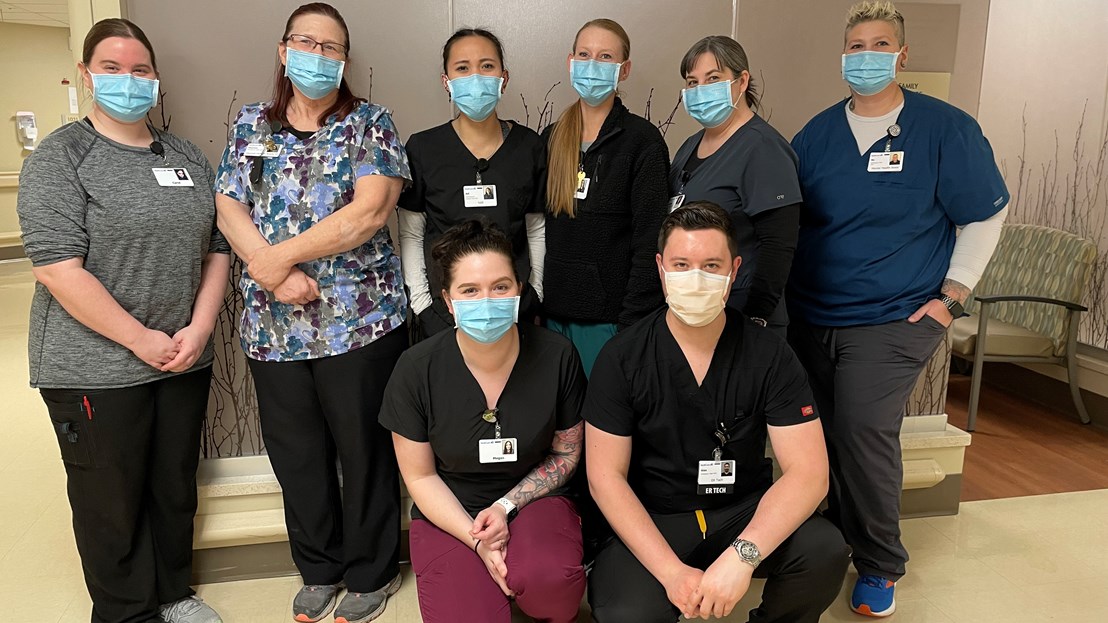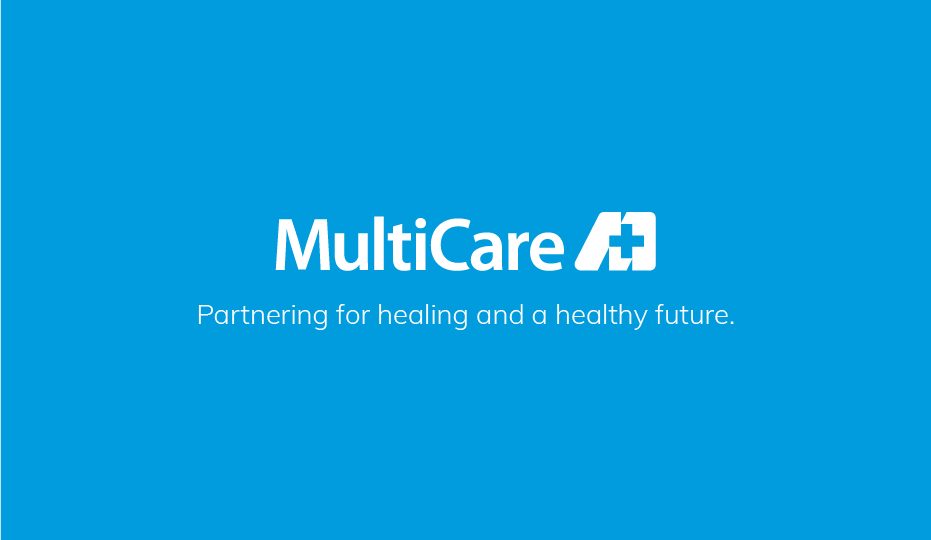Collaborative program builds MultiCare workforce pipeline, opens new career path for employees and communities
TACOMA, Wash., and NEW YORK — MultiCare Health System has teamed up with COPE Health Solutions to start a custom education and training program for medical assistants, a key clinical position that’s increasingly difficult to fill because of a growing national shortage.
The innovative collaboration provides a dedicated workforce pipeline for MultiCare while opening up new career opportunities for employees and residents in the health system’s communities.
“Investing in our own educational programs with COPE Health Solutions is part of our commitment to caring for our communities,” said Heather Coleman, vice president of clinical practice and professional development for MultiCare. “We want to ensure ongoing excellent care as we create new options for our clinicians to start and grow their careers with MultiCare.
“We began with educational programming for medical assistants because they are critical to care quality and access. Medical assistants are often the first caregiver patients see at a clinic or office visit as they check blood pressure, temperature and other vital signs.”
Paving the way to new careers
MultiCare and COPE Health Solutions have structured the program to remove barriers to participation. MultiCare hires program participants on day one, covers the cost of tuition and pays full-time medical assistant salaries.
MultiCare’s accelerated program runs 40 hours a week for 18 weeks, during which students take part in classes and self-guided study. They also receive hands-on clinical experience with clinician mentors at MultiCare locations in the Puget Sound area, including Tacoma, Puyallup, Covington and Auburn. After completing the program and passing the Medical Assistant Clinical Certified exam, the graduates can apply for open medical assistant positions anywhere in MultiCare.
Building the future workforce
“Health care leaders such as MultiCare are rethinking their workforce development, recruitment and retention strategies in light of clinician shortages, which have only worsened during the COVID-19 pandemic,” said Elizabeth DuBois, COPE Health Solutions principal. “Launching the joint medical assistant program with COPE Heath Solutions gives MultiCare more direct control over its workforce pipeline as well as the specific curriculum and training, which we have developed to prepare medical assistants for health care’s expanding focus on population health management.”
The first Puget Sound cohort of 23 students began the program in March and will finish in July. Applications for the next Puget Sound cohort will close on May 6 for a program starting in September.
In addition to the medical assistant program, MultiCare and COPE Health Solutions have rolled out COPE Health Scholars, which offers immersive experiential education programs for aspiring health professionals. Two Scholars programs are available: one for students accepted to, enrolled in or graduated from local two-year or four-year colleges and universities, and the other for high school students ages 16 to 18.
Scholars combine coursework with hands-on experience at five MultiCare hospitals in the Inland Northwest and Puget Sound regions. A sixth location, MultiCare Good Samaritan in Puyallup, is set to launch in May.
About COPE Health Solutions
COPE Health Solutions is a national tech-enabled services firm, with a population health management analytics subsidiary — Analytics for Risk Contracting (ARC), collaboratively implementing proven products with payer and provider clients to power success in risk arrangements and development of the future workforce. Our multidisciplinary team provides payers and providers with the experience, capabilities and tools needed to plan for, design, implement and support strategy development and execution. We are driven by our passion to help transform health care delivery, align financial incentives to support population health management and build the workforce needed for value-based care. To learn more, visit copehealthsolutions.com.
About MultiCare
MultiCare Health System is a not-for-profit health care organization with 13 hospitals and more than 26,000 team members. We are committed to achieving our mission of healing and a healthy future and delivering world-class health outcomes and an exceptional experience.
As one of the largest community-based, locally governed health systems in Washington state, our comprehensive system of health includes numerous primary care, urgent care and dedicated specialty services. For more information, follow us on Facebook, Instagram, Twitter or LinkedIn.


